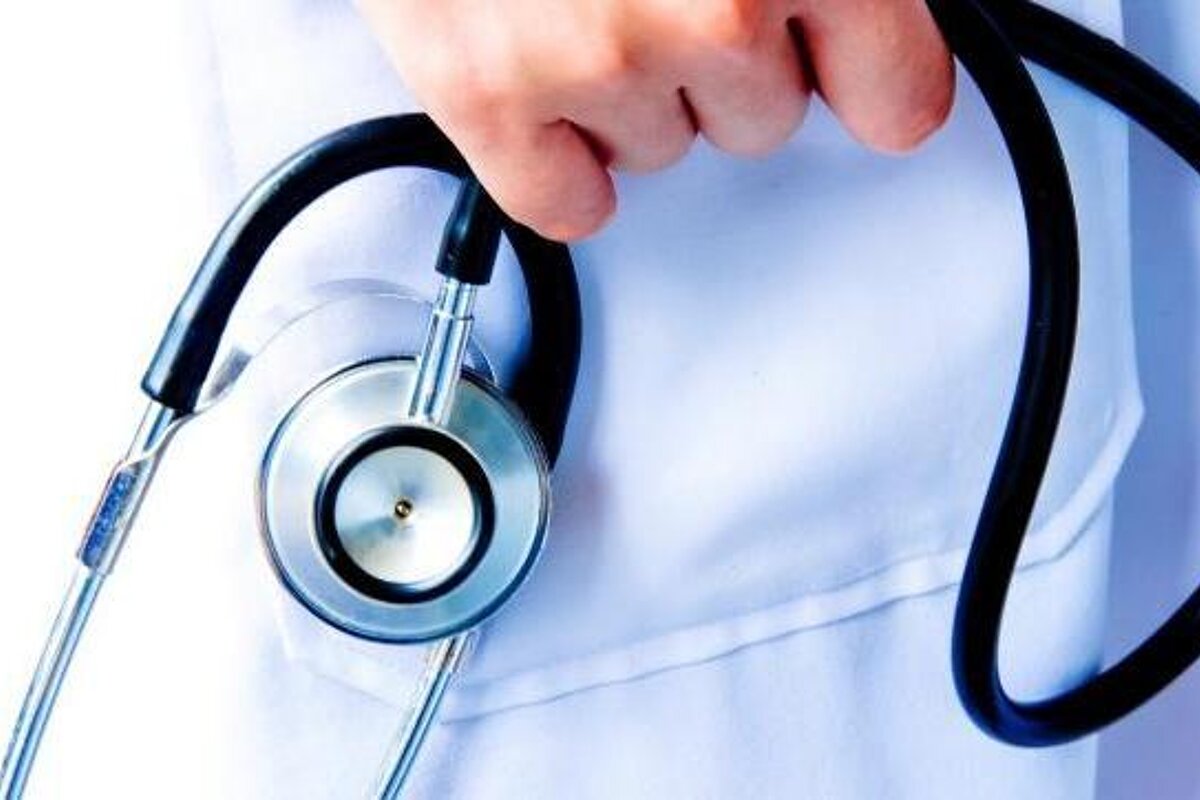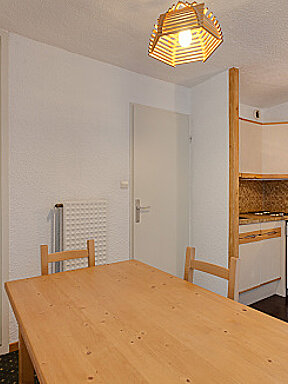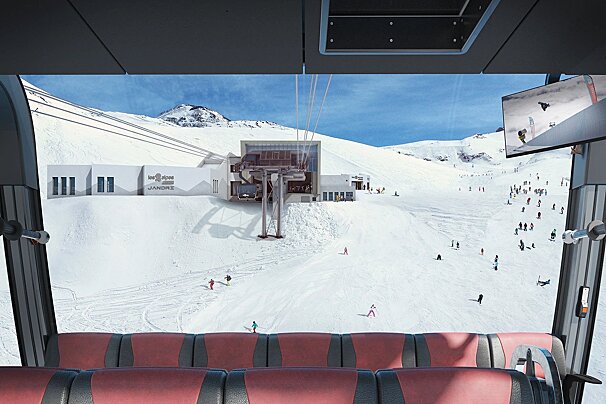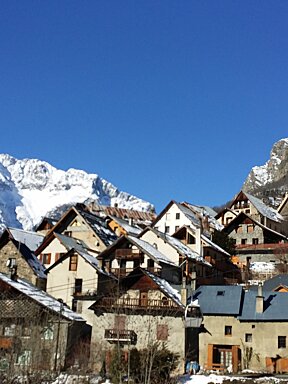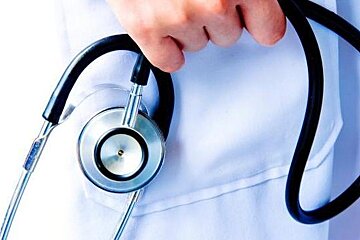
© Prevention.com
Health & Emergencies in Les 2 Alpes
Health and emergencies advice in Les 2 Alpes
France's healthcare system provides some of the best public healthcare in the world and is open to all. The standard principal of the French health service is “pay first, reclaim and then get reimbursed”.
| Service required | Number to call | Additional information |
| European emergency services | 112 114 for text emergency number | Free of charge, 24/7 |
| SAMU (medical emergencies) | 15 | To call a medical team to a medical emergency, as well as to be referred to 24h health facility |
| Police | 17 | To report a crime requiring immediate response |
| Fire Brigade (also paramedics) | 18 | To report a dangerous situation or accident that requires immediate response |
| Emergency number for deaf and hard-of-hearing people | 114 | Number can be accessed by fax and SMS |
| SAMU Social (domestic violence and care for homeless in winter) | 115 | Emergency aid that helps people in need |
| Missing children | 116000 | European number for anyone involved in a case of child disappearance |
| Children in danger | 119 | National hotline for children in danger, free, 24/7 |
| Aeronautical emergency | 191 | call from landline or mobile, free, 24/7 |
| Maritime emergency and coastguard | 196 | Sea rescue |
| Terror and kidnapping hotline (only accessible when an alert is in place) | 197 | For reporting events of terrorism or hostage-taking |
Watch this

How the system works
Health insurance
Visitors are strongly advised to make sure they have up to date health insurance cover before travelling to France. If you receive treatment at a hospital the cost of the stay and associated treatment will be billed as an emergency abroad and can be extremely expensive.
EHIC (European Health Insurance Card) and GHIC (Global Health Insurance Card)
European visitors should obtain the European Health Insurance Card (EHIC), and those from outside of Europe (including visitors from the UK) should obtain the Global Health Insurance Card (GHIC), which enables them to get state healthcare at a reduced cost or sometimes for free.
The UK GHIC has replaced the EHIC since Brexit. If you have an existing EHIC you can continue to use it until it expires, then you'll need to apply for a UK GHIC.
These cards are not a replacement for travel insurance. We advise you have private travel and medical insurance for the duration of your trip.
Pharmacies
There are many pharmacies with staff trained to attend a variety of minor medical needs. If the pharmacy is closed, a list of a neighbouring open pharmacy can sometimes be found on the door, there will always be a branch 'on duty' for holidays etc.
To find out about night time or out of hours pharmacies you can call 3237 or check the website www.3237.fr.

Family medical care
When you’re travelling with children there are few essential items to remember:
- make sure you have antibacterial and/or a hand sanitiser spray: a squirt of hand sanitiser can keep away some of those common holiday bugs
- remember to pack a thermometer and some medicine to bring down fever and help them sleep - you may not be able to find what you are used to in the local pharmacy
- sting cream or an anti-histamine is an essential... the biting insects enjoy the heat as much as we do
- a small first aid kit is great with sterilised water, tweezers, antiseptic cream and plasters for those little accidents and minor emergencies
Pharmacy visit
French pharmacies are a thing of wonder where you can buy all kinds of skin care and medical treatments.
If you need to pick up any first aid basics here's a few key words to help:
- paracetamol is widely known here as Doliprane, the brand name under which it's sold, and it's sold for all ages - you will need to know the weight of your child before buying over the counter from the pharmacist
- plasters are called ‘pansements’, a cough is a ‘toux’, and a tablet is a ‘comprimé’
Doctor visit
If you do need to visit a doctor or hospital whilst on holiday then make sure that all children are registered with the appropriate GHIC/EHIC scheme. Here's a few things you'll need:
- their passport and GHIC/EHIC card
- when registering list their name clearly, plus date of birth and weight (in kg)
- list any medications that children are taking (take these with you as well) and include how they are taken, how often, and how long they have been taking them
- list vaccinations and dates (specifically tetanus)
- allergies - include asthma, hayfever, eczema, foods and other medicines if applicable
- recent medical conditions, bouts of sickness and surgery
Once you are with the doctor it's helpful to have a few words to describe the problem, in case they do not speak English. Have a translation book or phone app ready to use. It's useful to write everything down so you don't forget and ask them to do the same so you can review information, advice or treatment thoroughly.
| English | French |
| Surgery | Chirurgie |
| Xray | Radiographie |
| Blood | La sang |
| Blood test | Prise du sang |
| Pain | La douleur |
| Ache | Le mal |
| Fever | La fièvre |
| Doctor | Le médecin |
| Flu | La grippe |
| Head | La Tête |
| Eye | L'œil |
| Shoulder / Arm | L'epaule / Le bras |
| Leg / Foot | La jambe / Le pied |
Sunshine
The other major concern with children is the sun and heat. They may not be used to being out in the midday heat so make sure they are well protected with a high factor sun cream, seek natural shade and use protective clothing (hat, sunglasses etc). The pharmacies will sell rehydration sachets for children suffering the effects of the heat.

Paying for treatment
What you're liable for upfront
For doctor and dentist visits, buying medication from the pharmacy, and hospital out-patient treatment, unless you're in possession of a French “Carte Vitale” you must pay for treatment upfront.
You can then claim a partial refund from the local health insurance office in France or if applicable a full reimbursement through your travel insurance.
Note: Any costs incurred for private healthcare are non-refundable.
You should always carry your GHIC/EHIC card or insurance documents and present them at the time of the appointment or visit. This will ensure that the doctor gives you the correct forms so that you can reclaim the money spent - the "feuille de soins". This form is necessary to claim any refunds in France.
If you are admitted to hospital, you should present your GHIC/EHIC (or ‘carte vitale’) on admission. This will ensure you only pay the patient contribution for state healthcare, around 20%.
Payment type
The majority of doctors, dentists, pharmacies and hospitals will take bank cards for payment, but in smaller towns or resorts there is a chance that the service is cash only so you should be aware of this.
Remember to keep all receipts and any paperwork (make copies and keep the originals if necessary) as they might be needed by you or your insurance company to apply for any refund or reimbursement.
Pharmacy bills
If you need to collect medication from a pharmacy you will need to present the doctor’s prescription (ordonnonce), and the 'feuille de soins'. The price of the medicine will be printed on the ‘feuille de soins’ that the chemist will return to you with your prescription. You pay the chemist directly.
The stickers (vignettes) on the medicine packaging must be removed and stuck on the ‘feuille de soins’ in the space provided – you cannot claim a refund without it.
Note: Not all medications can be reimbursed and rates vary between 15% and 100% of the sale price.
Claiming your reimbursement
GHIC/EHIC claims are made at the local CPAM office (Caisse Primaire D‘Assurance Maladie) in France.
You will need to provide the treatment form (feuille de soins) with stickers from the medicine packaging, copies of receipts and prescriptions, a copy of your GHIC/EHIC, your address of residence and your bank details, (including IBAN and BIC). Confirmation of your refund will be sent to your home address.
The GHIC/EHIC system is not an alternative to travel insurance. It does not cover private medical healthcare or costs such as mountain rescue in ski resorts, being flown back to the UK or lost or stolen property.
It is important to have both a GHIC/EHIC and a valid private travel insurance policy. Some insurers now insist you hold a GHIC/EHIC,.
If you do not have your GHIC/EHIC and need to pay the entire cost then keep all your paperwork and receipts and make a claim with your private insurance company.
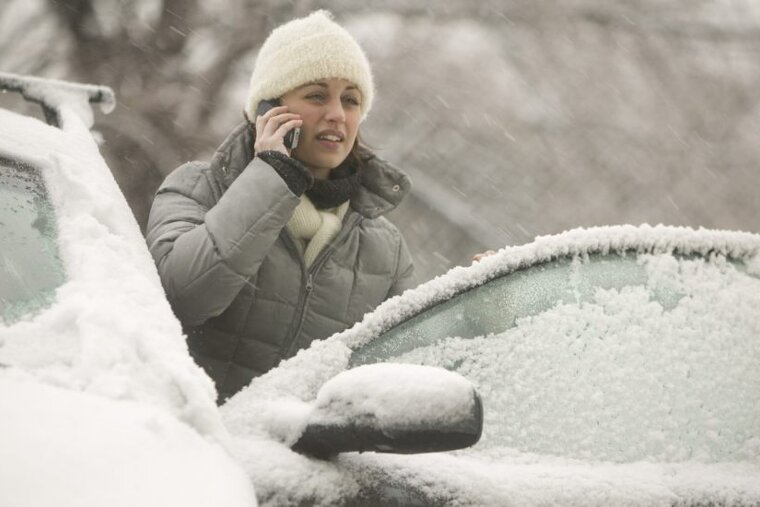
Private on-call healthcare
Private on-call emergency care
If you're travelling and have a medical issue you can call SOS Médecins, which sends doctors directly to a residence instead of an ambulance. They work seven days a week, 24 hours a day, in close liaison with the public emergency services.
On-call qualified doctors will come to your accommodation straight away, equipped with the necessary medical material.
To reach them call 3624.
You will need to tell them in which department you are located. The price will vary for the call out, medication at extra cost.
